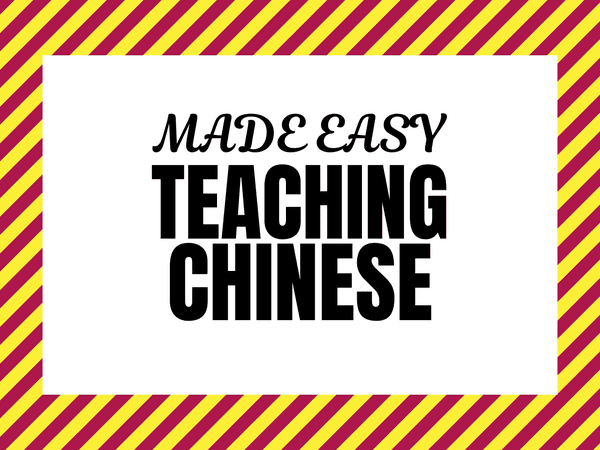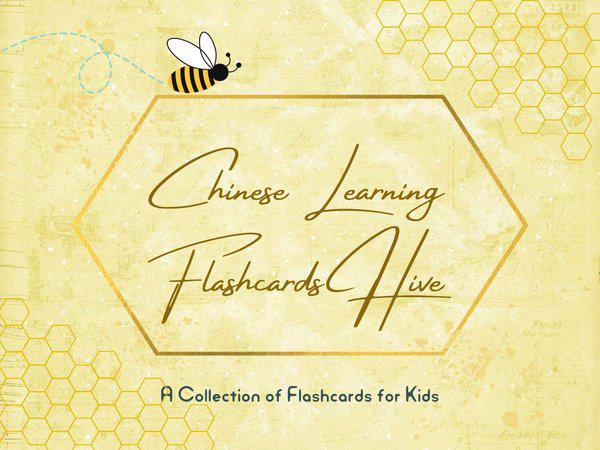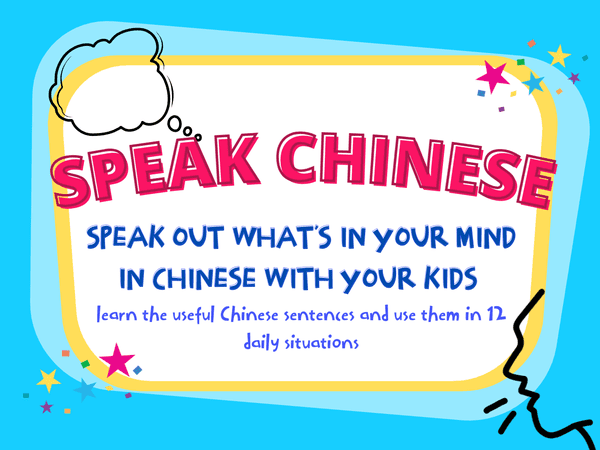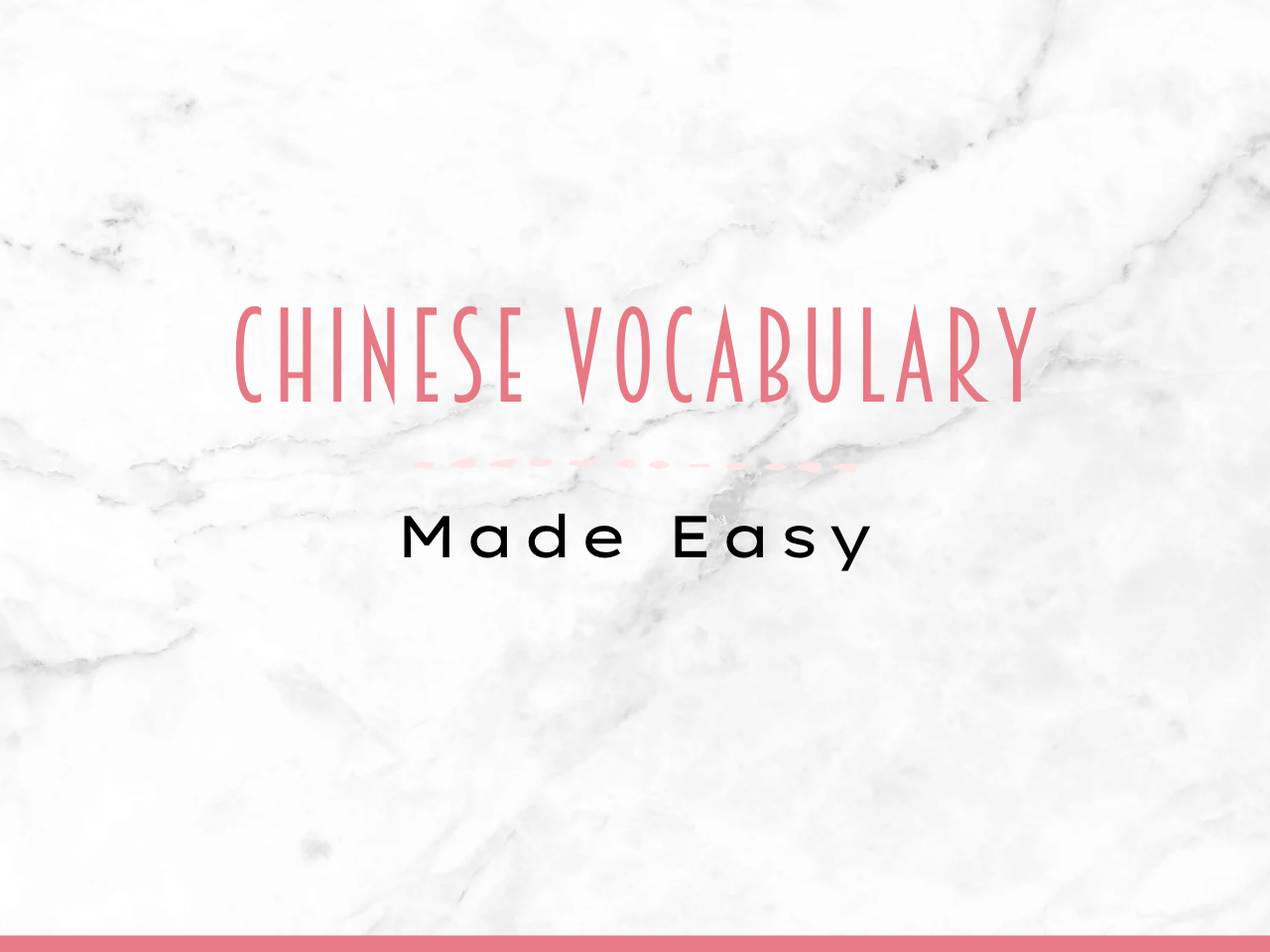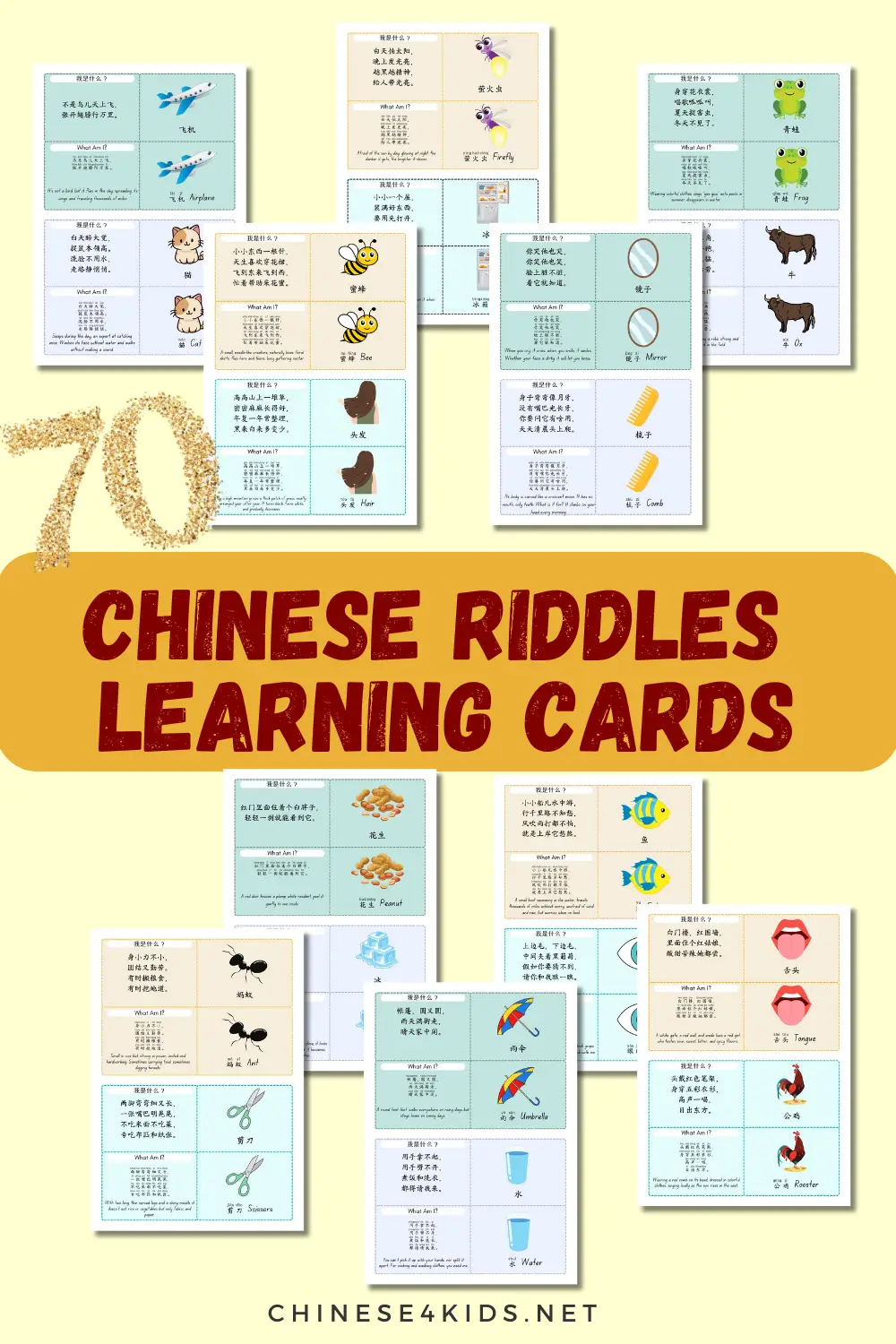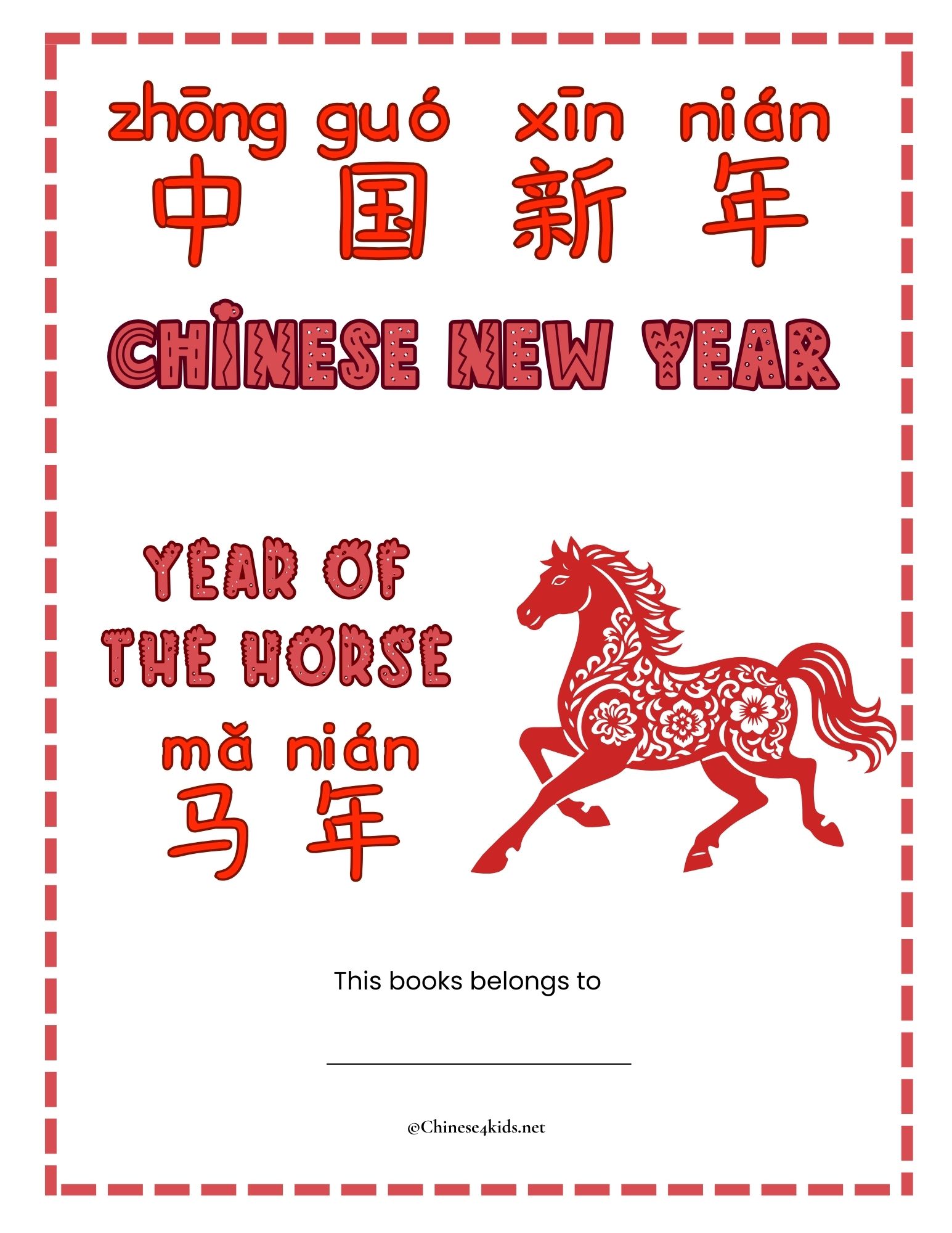
How to Say Goodbye in Chinese Like a Native

How to say hello and Goodbye, together with “Thank you“, are the basics in any language learning. Like saying “hello”, there are many ways to say Goodbye in Chinese. Let’s have a look at the 8 different ways of saying Goodbye in Mandarin Chinese.
8 different ways of saying Goodbye in Mandarin Chinese
再见 zài jiàn – Goodbye
This is the most common expression to say Goodbye in Chinese. “再”(zài) means “again” and “见”(jiàn) means “to see”. “再见 “(zài jiàn) literally means “See you again”. “再见”( zài jiàn) can be used in all kinds of situations, even when you’re not planning to see ther person ever again.
For example,
张老师,再见!
Zhāng lǎoshī, zàijiàn!
Goodbye, Mr Zhang.
拜拜 bái bái – Bye-bye
The casual form for “Goodbye” in English is “Bye Bye”. It is borrowed in Chinese as a informal way to say “Goodbye” . 拜拜 bái bái is the Chinese words based on the pronunciation of Bye Bye. This phrase is widely used in China, especially among young people.
For example,
我得去上课了,拜拜!
Wǒ dé qù shàngkèle, bàibài!
I got to go to the class. Bye By
一会儿见 yī huǐ er jiàn | 待会儿见 |呆会儿见 – see you in a while
Both 一会 and 待会|呆会 mean ” in a while”. “儿” is added at the end as a non-syllabic diminutive suffix which does not mean anything. You can use one of them when you want to say ” See you soon” or “See you in a while”.
For example,
我走了,一会儿见。
Wǒ zǒule, yīhuǐ’er jiàn.
I’m going. See you in a while.
我去学校了,呆会儿见。
Wǒ qù xuéxiàole, dāi huì er jiàn.
I’m going to school. See you soon.
回头见 huí tóu jiàn – see you very soon
“回头” means “turn one’s head around”. “回头见” , “see you when I turn my head around”, implies that “See you very soon” or “see you later”.
For example,
我走了,回头见
Wǒ zǒule, huítóu jiàn
I’m going. See you later.
___(时间)见 (Shíjiān) jiàn
We can specify the time to see each other by using this phrase template. Just replace the 时间 (time) with a detailed time.
For example,
下午见。
Xiàwǔ jiàn.
See you in the afternoon.
晚上见。
Wǎnshàng jiàn
See you in the evening.
下午一点见。
Xiàwǔ yīdiǎn jiàn.
See you at 1:00 in the afternoon.
晚上七点半见。
Wǎnshàng qī diǎn bàn jiàn.
See you at 7:30 in the evening.
明天见。
Míngtiān jiàn
See you tomorrow.
明天早上见。
Míngtiān zǎoshang jiàn.
See you tomorrow morning.
下周二见。
Xià zhōu’èr jiàn.
See you next Tuesday.
星期天见。
Xīngqítiān jiàn.
See you on Sunday.
我先走了 wǒ xiān zǒule|我先告辞了wǒ xiān gào cí (Pardon me), I’ll take my leave
In a situation that you got to leave earlier, you can use these 2 sentences “我先走了” or “我先告辞了”.
先 means “first”
走 means “to go”
告辞 means “to take a leave”
“我先走了” (Wǒ xiān zǒule) is less formal than “我先告辞了”(wǒ xiān gào cí). “我先走了” is used among friends or peopel of similar ranks or ages. On the other hand, “我先告辞了” is a formal expression normally used when talking to a person of higher rank or older age. That being said, it can be translated as “Pardon me, I will take my leave. ”
我还有些事。我先走了。
Wǒ hái yǒuxiē shì. Wǒ xiān zǒule.
I have some things to deal with. I am leaving.
谢谢您的款待,我先告辞了。
Xièxiè nín de kuǎndài, wǒ xiān gàocíle.
Thank you for your hospitality. Pardon me, I’ll take my leave.
后会有期 hòu huì yǒu qī -farewell
You won’t hear this expression in daily life. It is more used in a situation when you are not sure if you will see each other soon. Let’s have a look at the meaning of each character:
后- in the future
会- to meet
有 – to have, there is
期 – time
Literally “后会有期” (hòu huì yǒu qī) means “We’ll have time to meet in the future”; or “We’ll meet again some day.”
It is an expression we can use at events such as farewell parties, graduation, alumni reunion and so on that people get together and they are not sure if they will see each other again soon.
For example,
青山不改,绿水长流,后会有期
Qīngshān bù gǎi, lǜ shuǐ cháng liú, hòuhuìyǒuqī
The green mountains won’t change, the turquoise water flows endlessly. We shall meet again as time stands.
If you like this post, PIN IT!

Resources Mentioned Above
- How to Say Hello in Chinese Like a Native
- How to Say Thank You in Chinese Like a Native
- Thanksgiving Chinese
- Thanksgiving Chinese Learning Pack for Kids
- Top 100 Commonly Used Chinese Character Flash Cards and Audio Pack
You May Also Be Interested:
- Chinese4kids Membership – a portal for busy Chinese teachers and parents
- Chinese learning flashcards Hive – a flashcards library that with regular additions of new quality Chinese learning flashcards
- Chinese learning worksheets collection – Also a part of Chinese4kids membership, this collection is for teachers and parents who want to have access to engaging worksheets and activity sheets created for kids learning Mandarin Chinese as an additional language
- Speak Chinese with Kids Course
You May Also Be Interested:
- Chinese4kids Membership – a portal for busy Chinese teachers and parents
- Chinese learning flashcards Hive – a flashcards library that with regular additions of new quality Chinese learning flashcards
- Chinese learning worksheets collection – Also a part of Chinese4kids membership, this collection is for teachers and parents who want to have access to engaging worksheets and activity sheets created for kids learning Mandarin Chinese as an additional language
- Speak Chinese with Kids Course
- Chinese Vocabulary Made Easy Course
Recent Posts
Join Our Membership
Enroll to A Course
Buy An eBOOK
Our Posts



